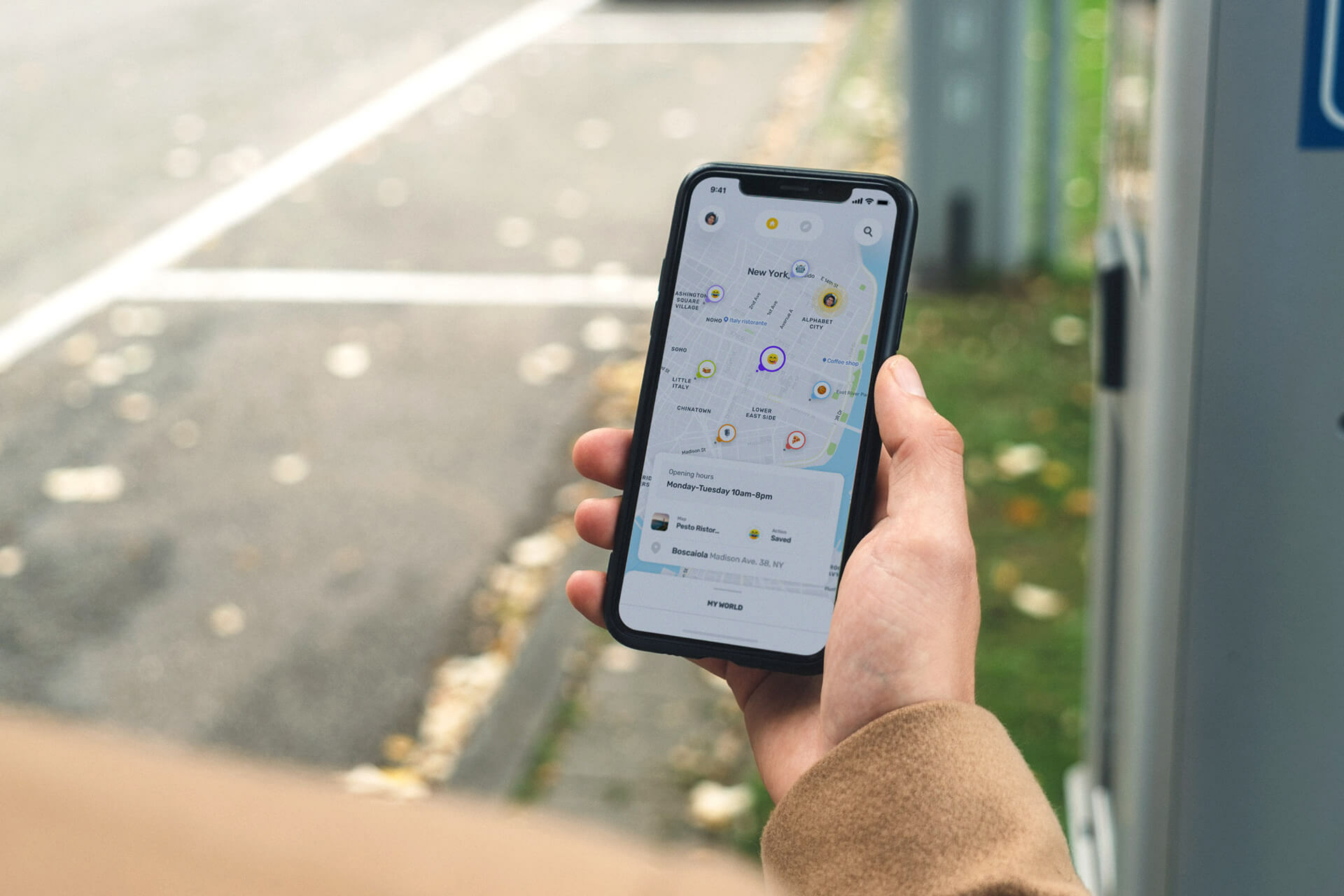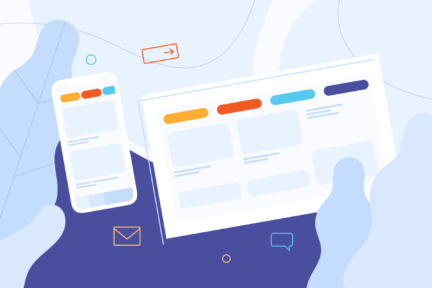Every business owner wants their mobile or web app to eventually become a hit on the market. But while a digital product that users flock to is a universal aim, it’s possible for the success to become too much to handle. As you gain more users, the performance of your app might drop significantly, and that’s when the panic usually starts.
Fortunately, there’s an easy way to avoid that scenario. In this article, we’re going to cover the subject of app scalability: what does it mean, why is it important and what do you gain by including it in the early planning stages? Read on to find out!
What is app scalability?
When developing a digital product, it is better to start small instead of creating a full-fledged version. That way, you can test it out among users, instead of giving them something they might not even like.
This is where the concept of the MVP comes along: you start with building a basic version of the product, gather feedback from the end-users and improve your solution accordingly.
What does this have to do with scalability, you might ask? Well, everything!
In simple terms, scalability refers exactly to the approach we’ve just mentioned: it’s the capacity of your app to grow, handle more users and evolve along with your business needs. A scalable app is one that you add more features to without having to worry about its performance.
Why is scalability important?
Picture your idea for a perfect application: you can probably imagine its general functionalities, features and what it would look like. Or maybe you already have a very detailed plan, and can perfectly envision its performance down to the very last click.
But no matter how well-thought-out your idea is, you won’t go far without a plan for future growth. There is a risk it won’t succeed on the market because you won’t be able to meet the expectations and needs of your growing user base.
That’s exactly why scalability should be a priority from the very first stages of your project.
Ensuring your app’s scalability
Making sure your app is scalable will be the responsibility of your team of custom app developers, but you still should know what to be mindful of when you make scalability a priority.
Choosing the right technology
If you’re thinking about scalability at the planning stage, then you already have an advantage. So when you start creating an app, pay close attention to the technology you choose for your project. For example, Node.js is the go-to back-end environment for effortless scalability and can be used in both web and mobile app development.
Testing
The most important part of ensuring an app is scalable is testing its behaviour under various circumstances. There are different ways to check whether your app has the potential to scale, with the most crucial ones being load testing and performance testing.
Load testing refers to intentionally putting demand on a given app and analysing its response. This is done to see how an application will perform when a lot of users try to access it at the same time.
Performance testing, on the other hand, is carried out to examine an app’s active performance (things such as speed, responsiveness, stability and reliability) under a certain workload.
A form of performance testing is scalability testing, where the aim is to measure how much the app can be scaled up. It is done to determine the potential of the application to grow proportionally to increasing demand and requirements.
The benefits of building scalable applications
Now that you know what scalability is and how to ensure your app is scalable, let’s see what it can bring to your business!
Better user experience
As we’ve already mentioned, going with the MVP approach enables you to suit your app to the users based on their actual feedback. This means that when scaling the application according to what your users think about it, you can adjust the UX when it comes to additional features or changes, but also ensure that the app works smoothly when the number of users increases.
Cost-effectiveness
We’ve talked about starting small and then growing your product. It works as a safety net, but it is also a great way to save money. Begin with a product that has just enough features, present it to your users, gain the feedback and build upon that. This way, you’re able to save valuable resources since the growth of your product is based on solid data, and you’re not just giving the customers a feature-packed product that they may not even want.
Stable performance
This is probably the most important benefit and one that’s strongly related to a better user experience. When you build your app with scalability in mind, you ensure that all performance issues related to an influx of users are taken care of. This means that at times when users flock to your app (during marketing campaigns, when you offer special discounts, during seasonal events etc.), the performance stays flawless.
Customisation
Have an idea for a new feature or enhancement to your app? Or maybe you’d just like to try a different approach and mix it up a bit? When your application is scalable, you’re able to customise it as you see fit and make way for new adjustments based on your business goals and feedback from your users. So with app scalability, you’re able to effortlessly explore the creative possibilities.
Project growth
This one goes without saying. As your project grows and time passes by, your business needs and expectations will change. Ensuring your app is scalable will enable you to gradually enhance its performance, as well as add new features and functionalities as you wish. This way, you can be sure that your project continues to evolve and the ROI is on a steady increase.
Summary
In this article, we’ve covered what scalability is, how it’s ensured and what benefits it can bring business-wise. A scalable application means that you gain more flexibility, security and possibilities for additional features and functionalities. Make sure to have scalability in mind when you start your software project so that you gain a product that grows along with your business.










